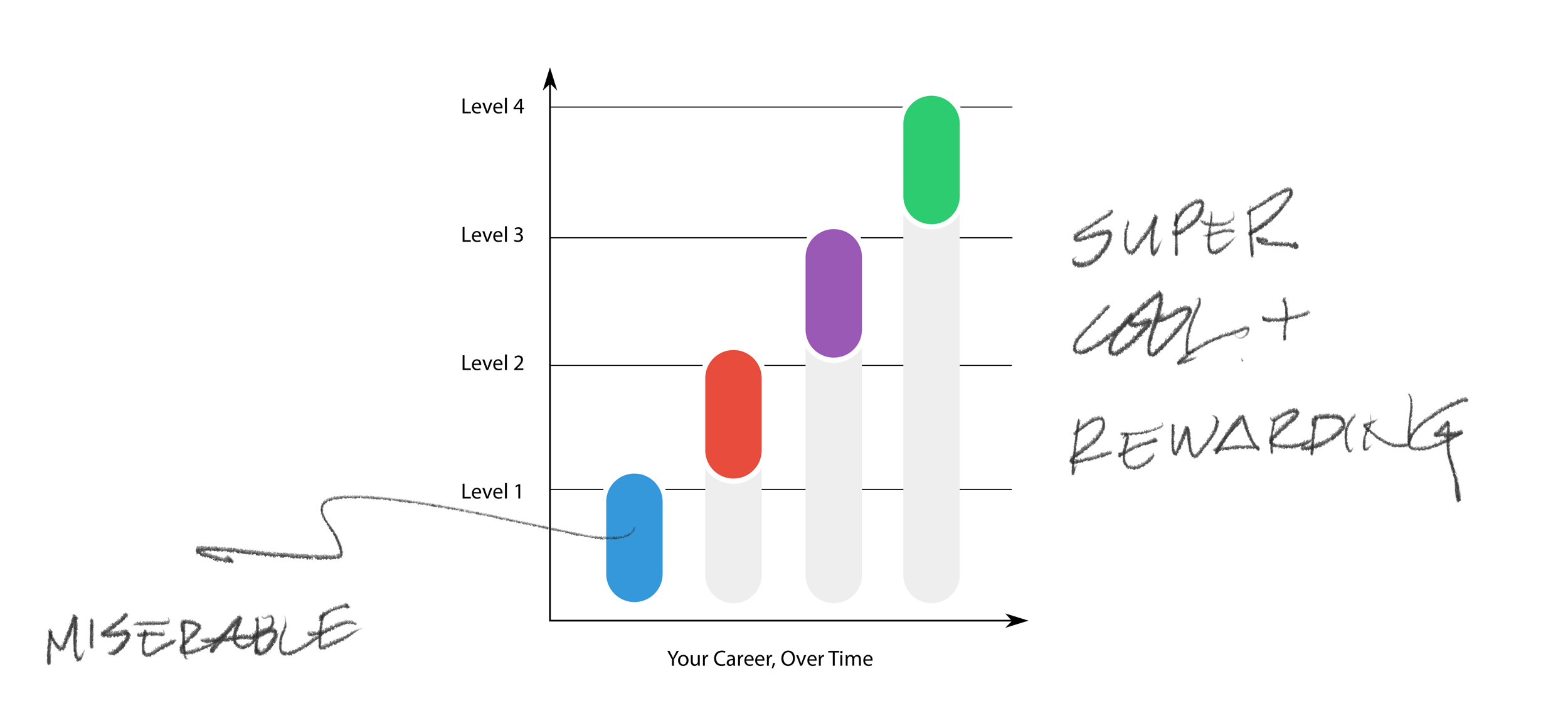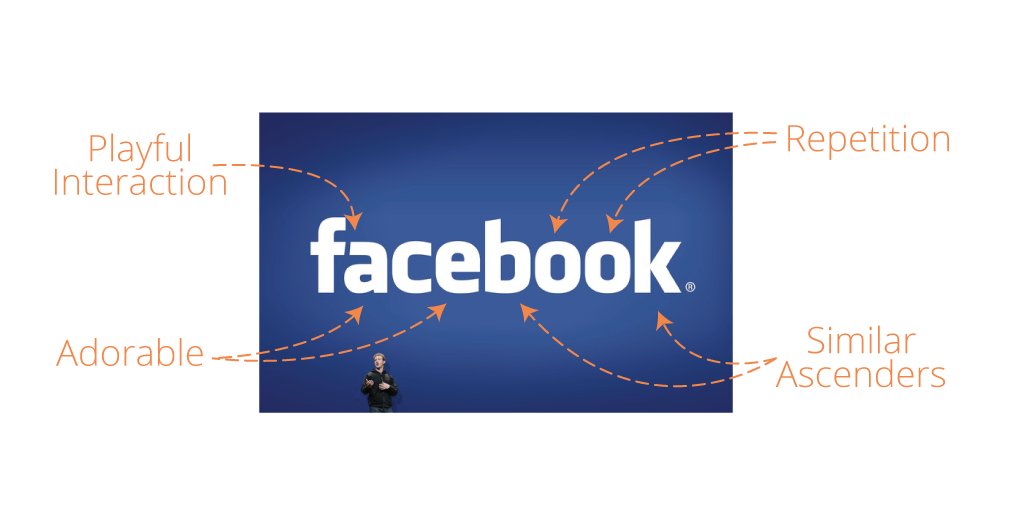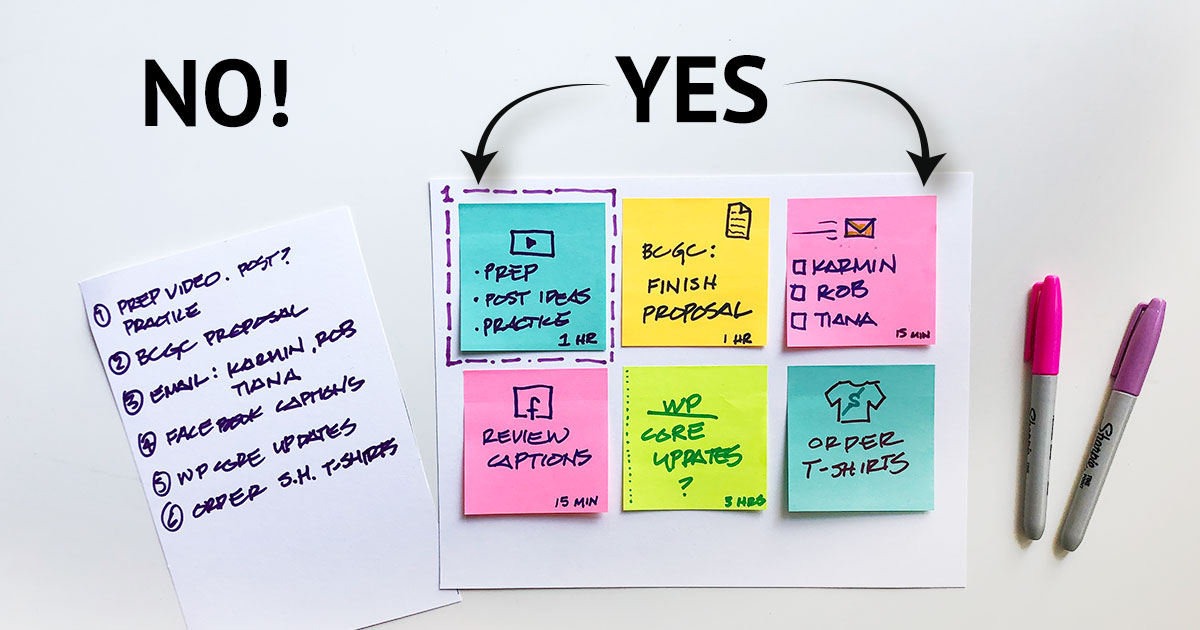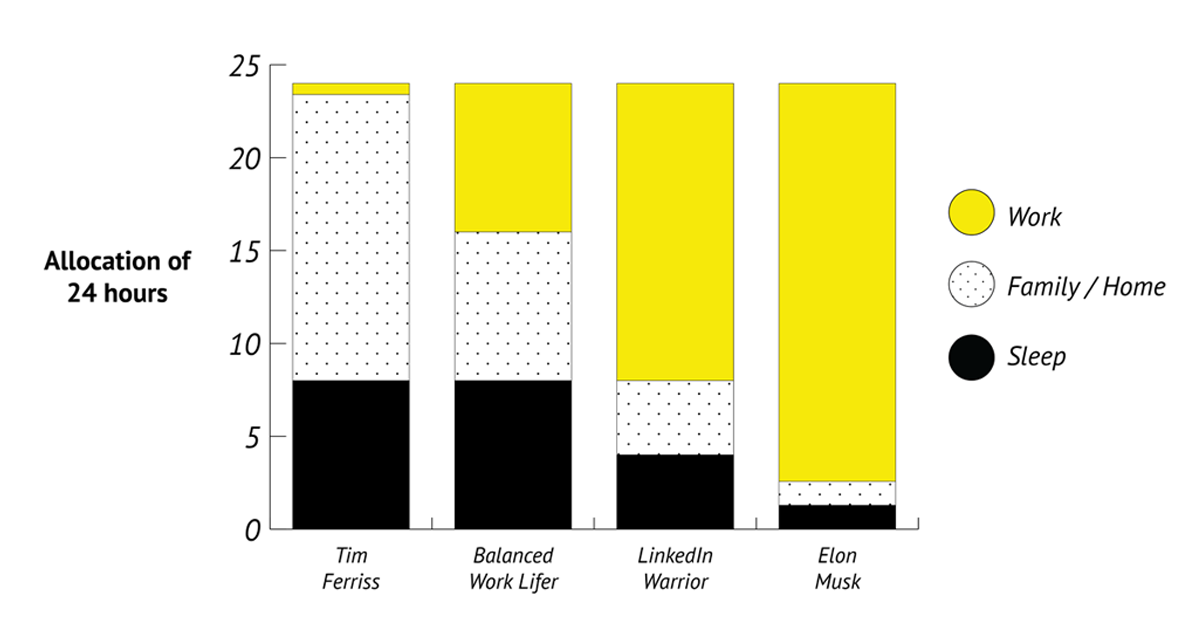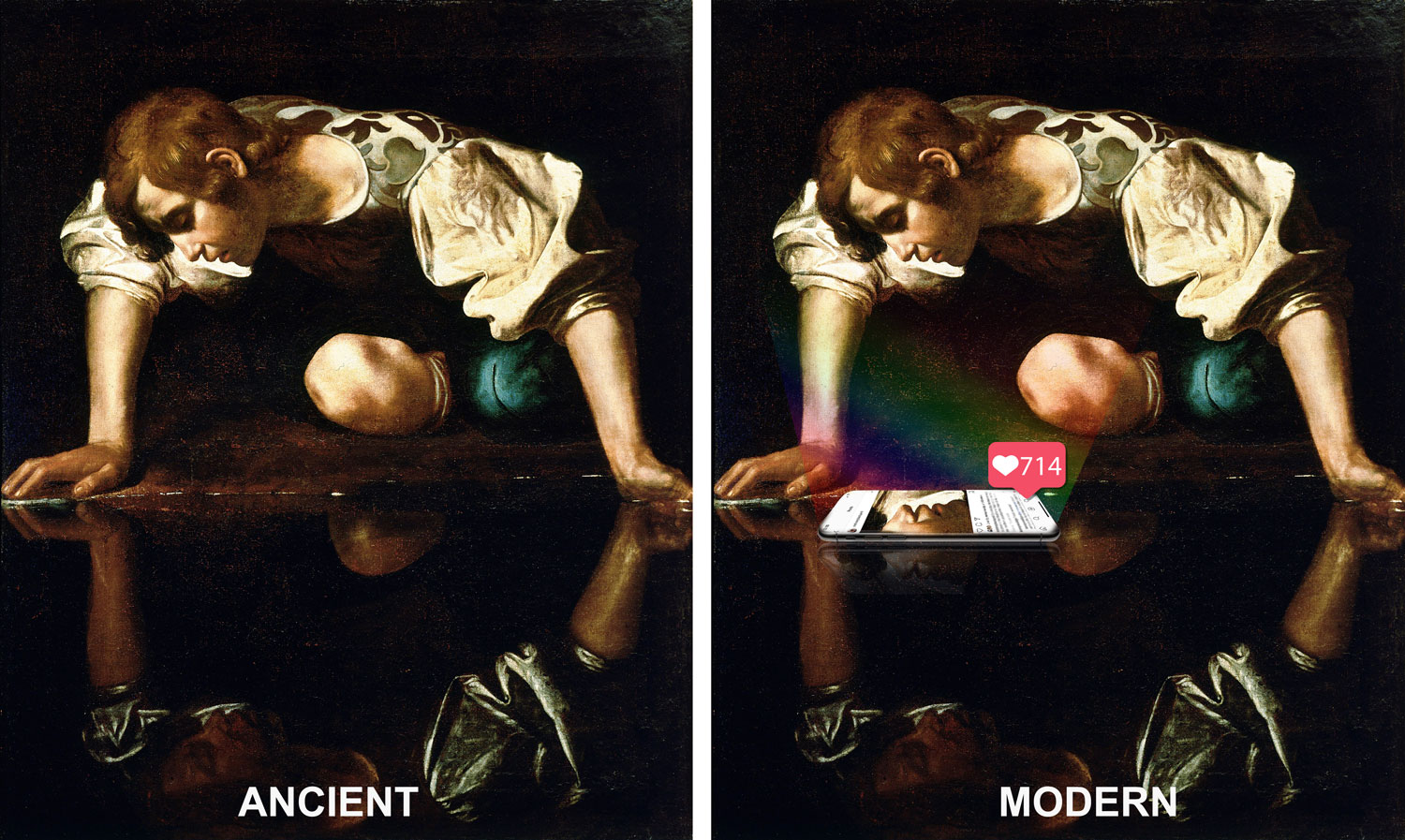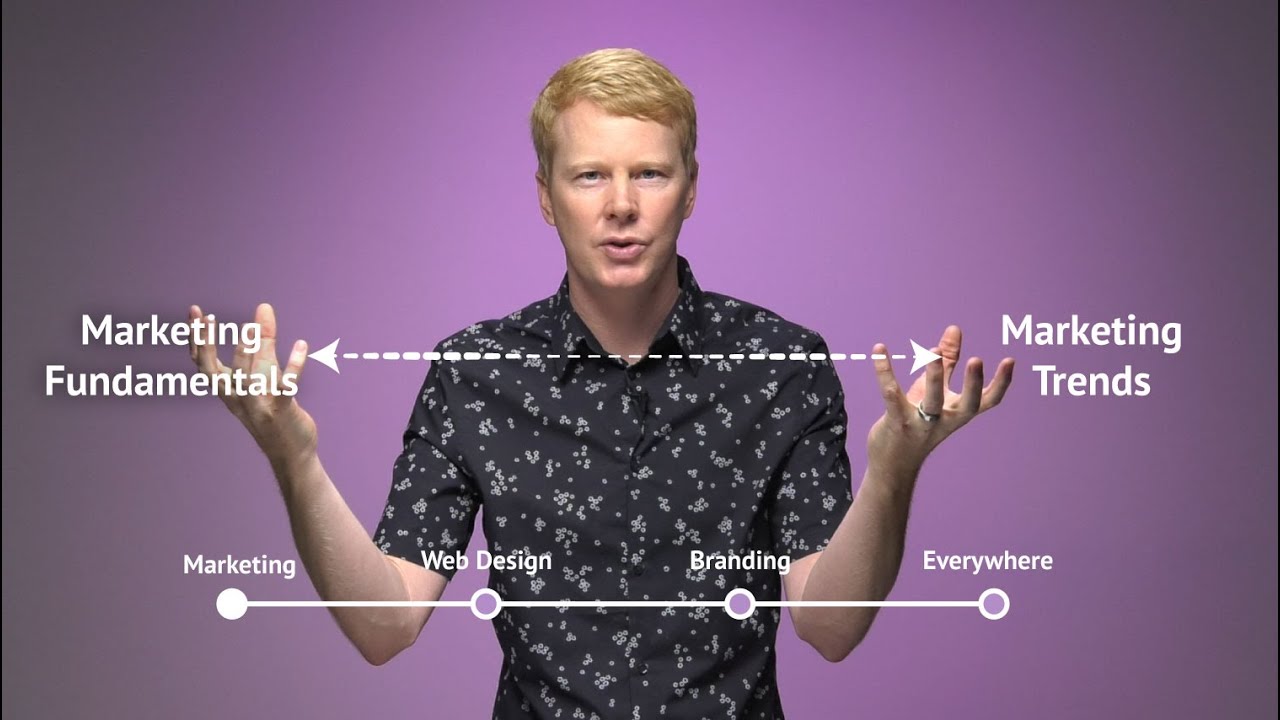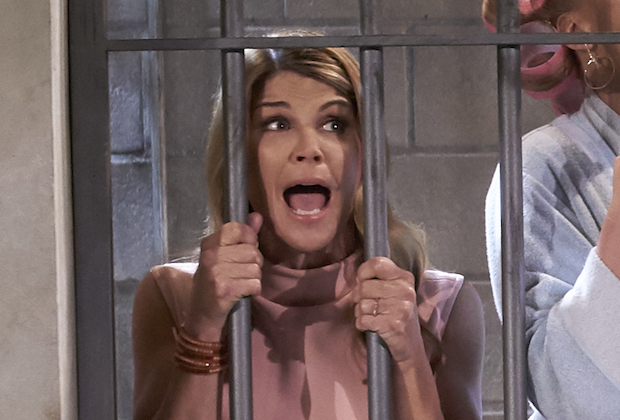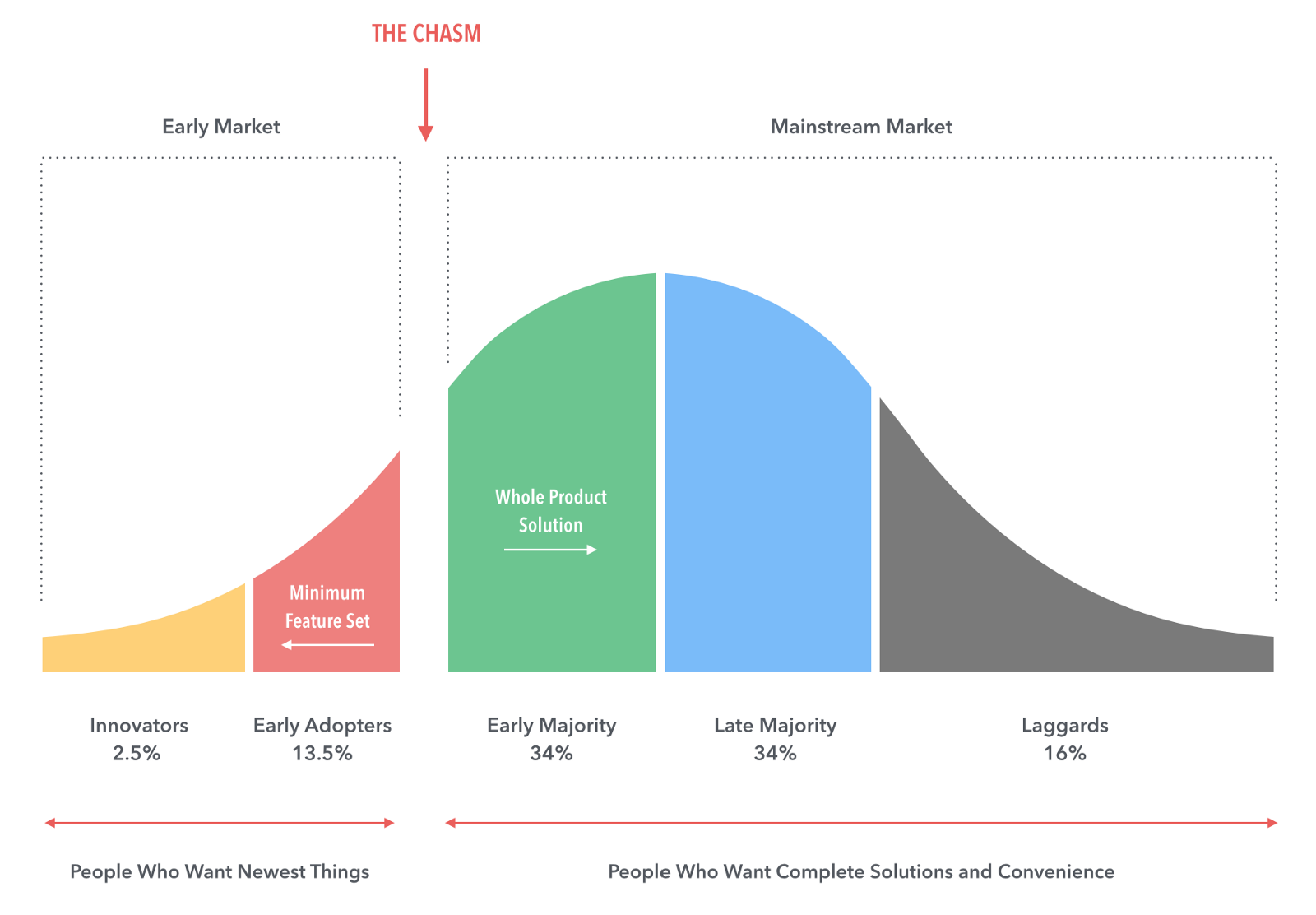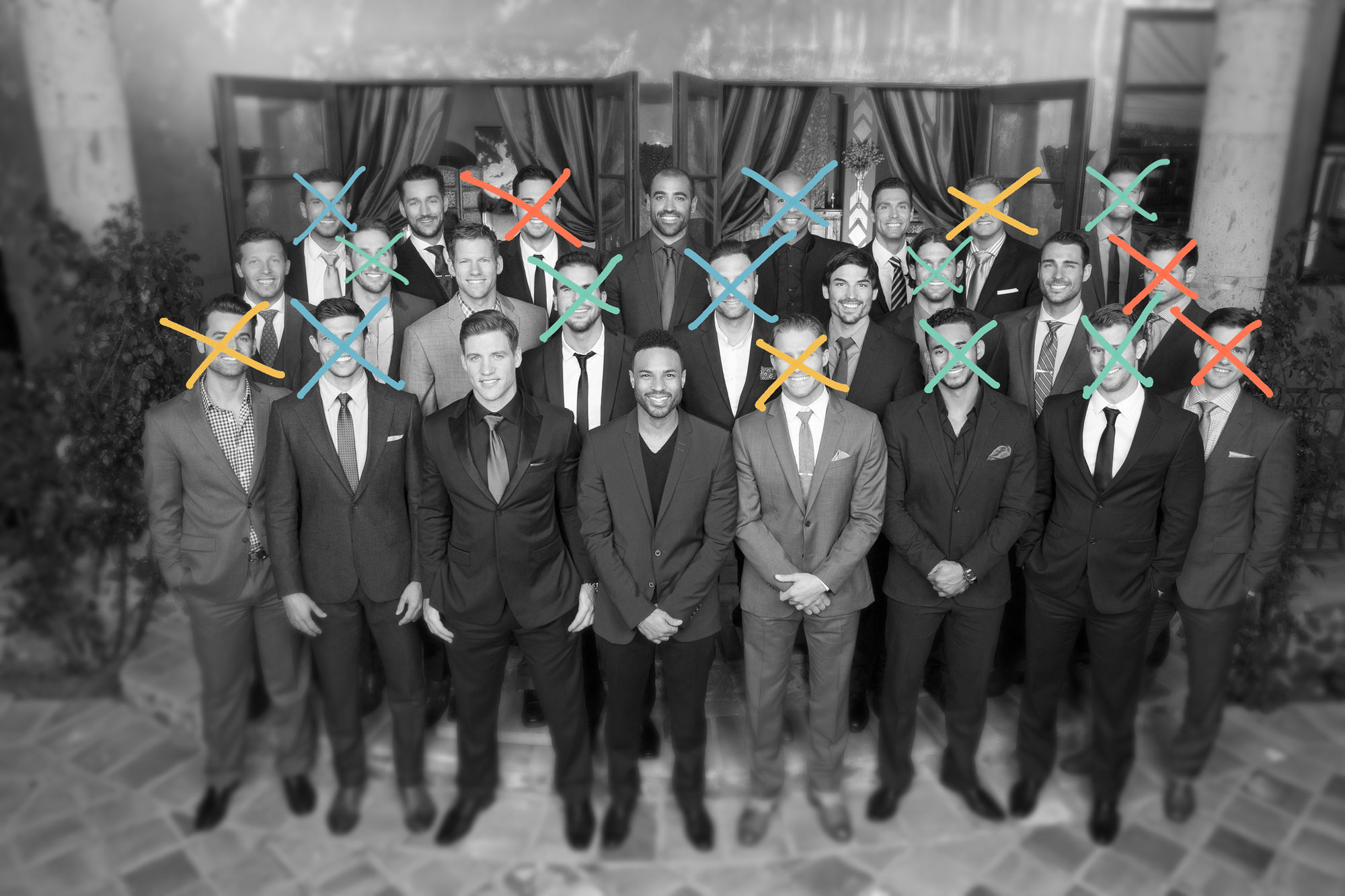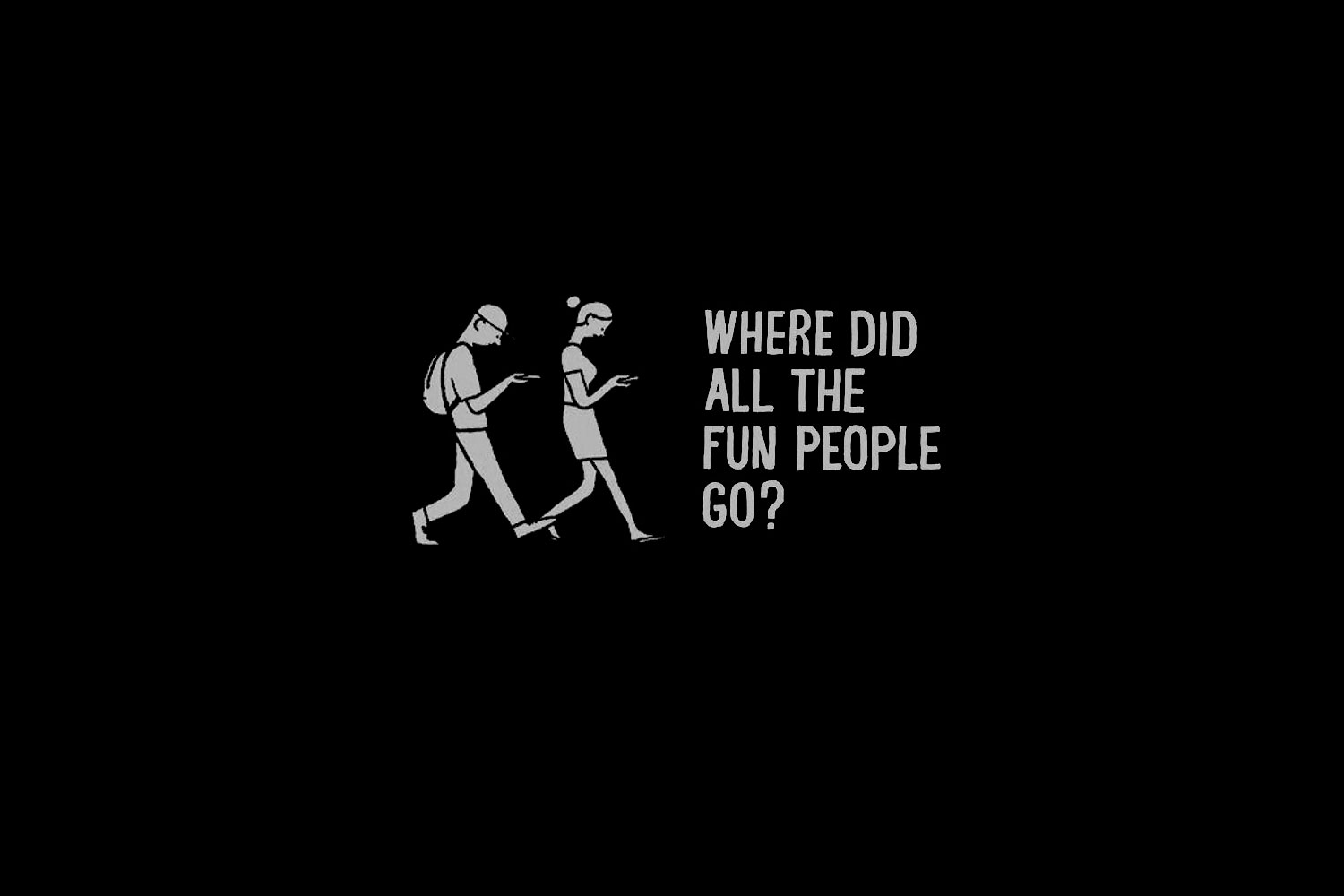I mean, we are all adults here, yet somehow we are messing this all up. I can understand when high schoolers mess up a group project or create weird dynamics. But as adults, shouldn't we be doing better than this?
Sign 1: When everyone agrees with the boss.
If you are the boss, and everyone on your staff agrees with you all the time, know that your company is about to lose. Yes, you may feel powerful and almighty, but this leaves you very vulnerable. No single person can possess enough knowledge, experience, and skill to have perfect judgment. You do not and cannot know it all.

You have put a team together not to blindly agree with your whims, but to bring all of their abilities to the table--even when it means disagreeing with you. If you cannot leverage these unique gifts, your company will fail. Your ship will sink.
Sign 2: When truth and honesty can only be whispered.
Truth is always being spoken at your company. The question is where is the truth being spoken?
If people speak truth in strategic meetings, in the boardroom, and within difficult situations, your company absolutely will succeed. However, if truth can only be whispered behind closed doors, that tells me that your staff lives in fear. It tells me that they do not trust you (the boss). It tells me that they don’t really believe in your company. If they did believe in your company, they would speak out truth without fear of retribution.
If truth can only be whispered behind closed doors, that tells me that your staff lives in fear.
Sign 3: When people hide behind their titles.
I don’t care about your title at your company. I don’t care if you are a VP of Something, or a Creative Director of Something Else. Titles mean very little to me. It’s a few words on a business card, or an update for Linkedin. More often a title is something that we lord over others.
But in the end, titles are often problematic because they are too closely linked with entitlement: the belief that one is inherently deserving of privileges or special treatment.
So when I meet someone new, I never ask, "What is your title?" Instead, I ask: "What are you responsible for?" For those who have earned their title, they can quickly tell you about their responsibilities. They will tell you what goals they have to achieve. They’ll tell you about the team that they are responsible for, and how they work together to achieve these goals. It’s an easy answer.
If you cannot answer my question, then I have no choice but to assume that you’re a bureaucrat. You might be young and cool, but you’re still a bureaucrat.
Sign 4: When people take credit for others’ work.
We all know that this is lame. We’ve known this since we were little. Yet still, every day someone takes credit for other’s work at their company. This can only be explained in a couple of ways.
- The first explanation is that the credit-stealers are devoid of talent, and feel the only option is to grab glory wherever they find it.
- The second explanation is that the company culture is so whack that it’s kinda the norm that a boss takes credit for anything awesome from their underlings.

Here’s the solution. You can take all the credit for their work, if you also agree to take all the blame for their failings. Ironically, I’ve never encountered a “credit stealing culture” where this actually happens. They only steal the credit--they never shoulder the blame. So the problem continues.
Do you want to know what kind of people I respect? It’s the true leaders--the people who have a habit of giving more credit than what is due, and taking more blame than what is deserved. This takes courage.
Me? On a practical level, I am more than happy to tell a client when an idea was not my own, or that a breakthrough design came from someone on my team. Why? Because that shows a client that I have a strong team.
Bottom Line
I just don’t think we need to compromise like this. Not just because this makes life miserable, but it's bad for business too. We all know this is true.
Whenever I meet with a potential client, I spend as much time trying to get to know their company culture as I do the actual project. If their team is dysfunctional, there is almost no chance that we can work together to make something great. It doesn’t matter how much they pay us to do our part, the project always fails because dysfunctional teams can’t get their part done. We get paid, but because the project was compromised, it damages our reputation.
One last thought here today. If you are the boss at your company, the culture is your responsibility. If the culture is dysfunctional, that's your fault. So go fix it.
If your culture is functional, then you deserve the credit for this success. However, if you are cool, you'll give that credit back to everyone on your team. ◻️







